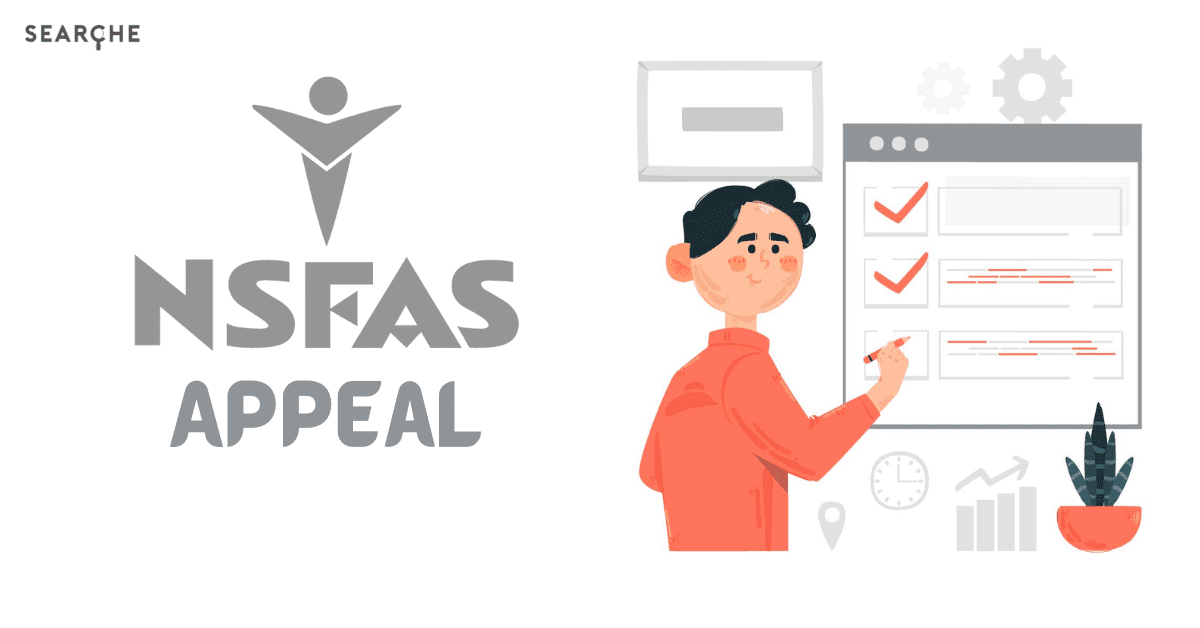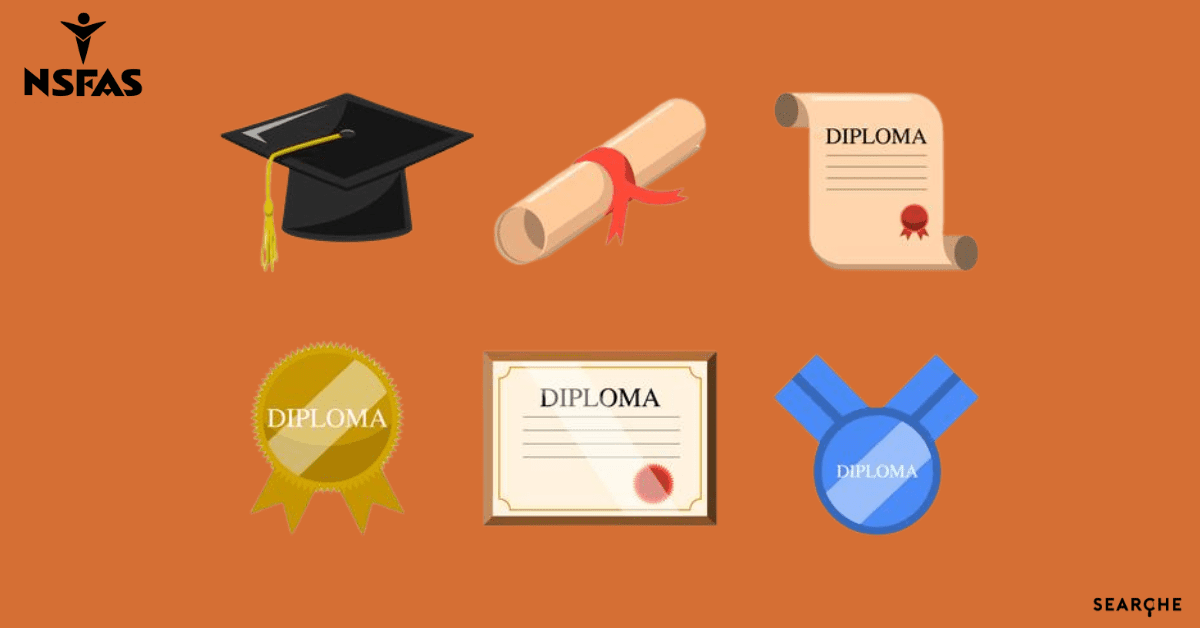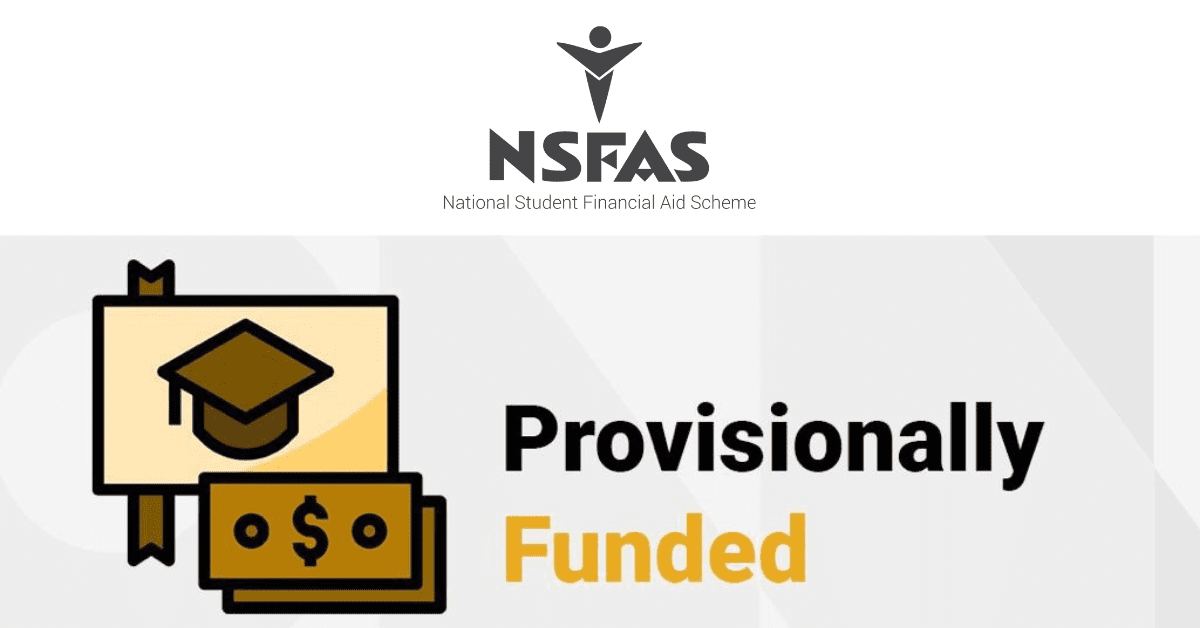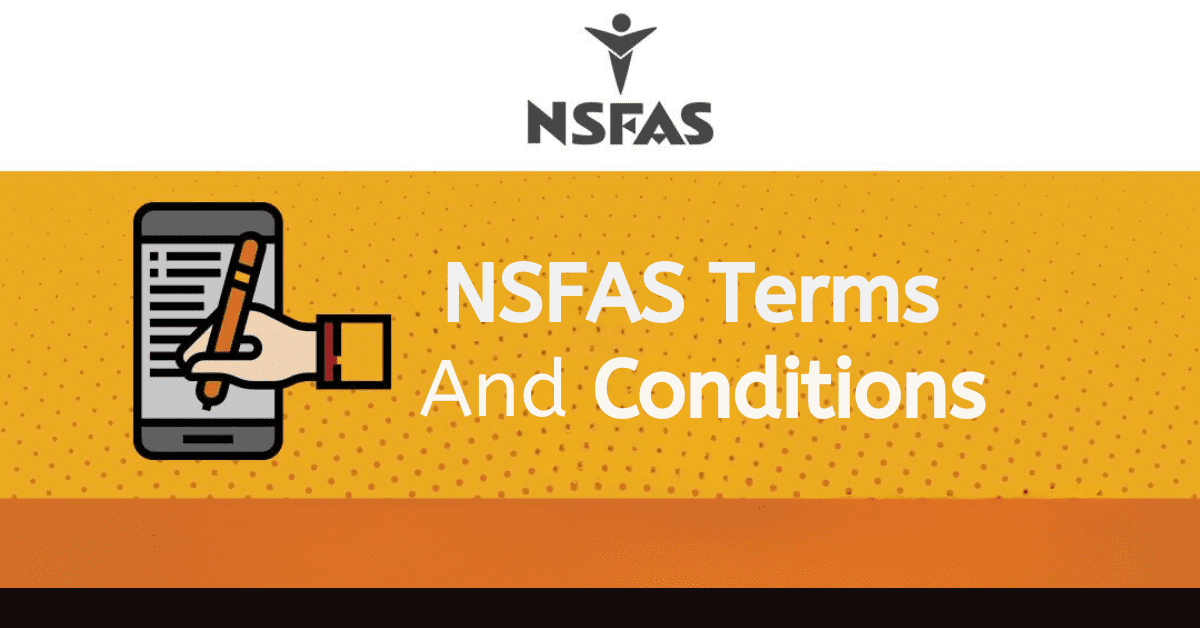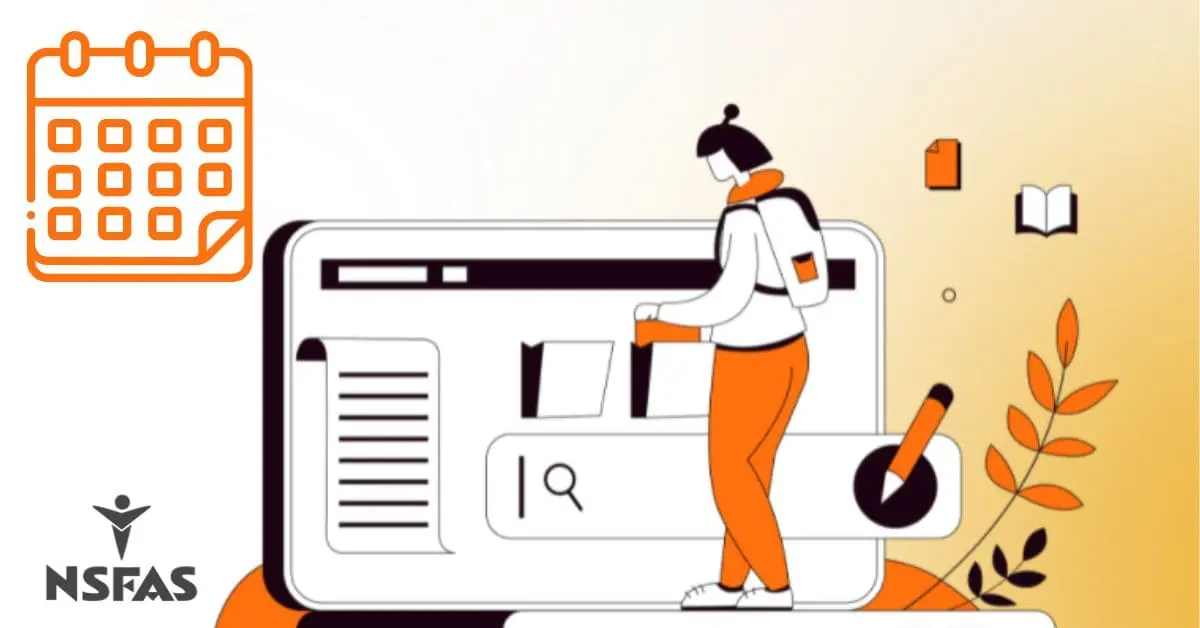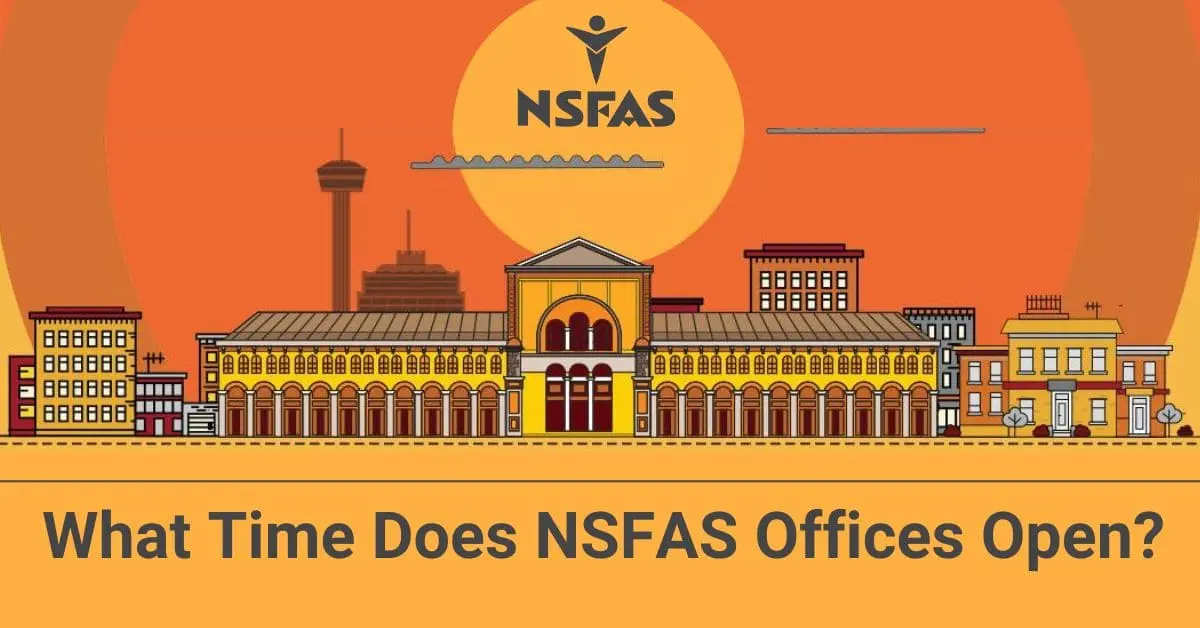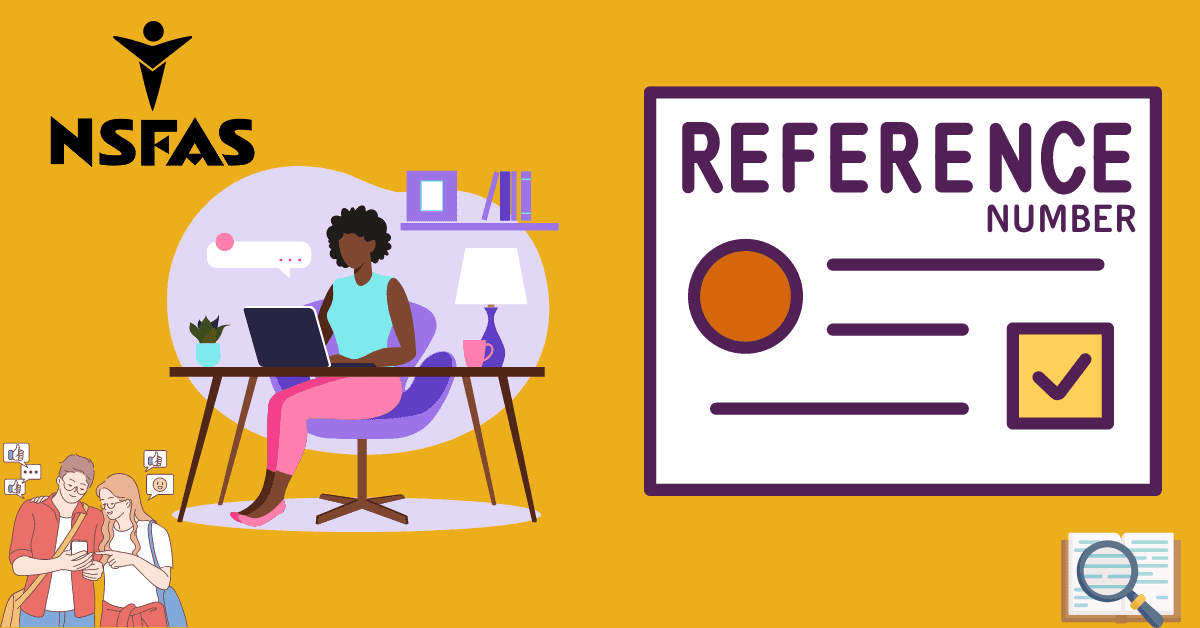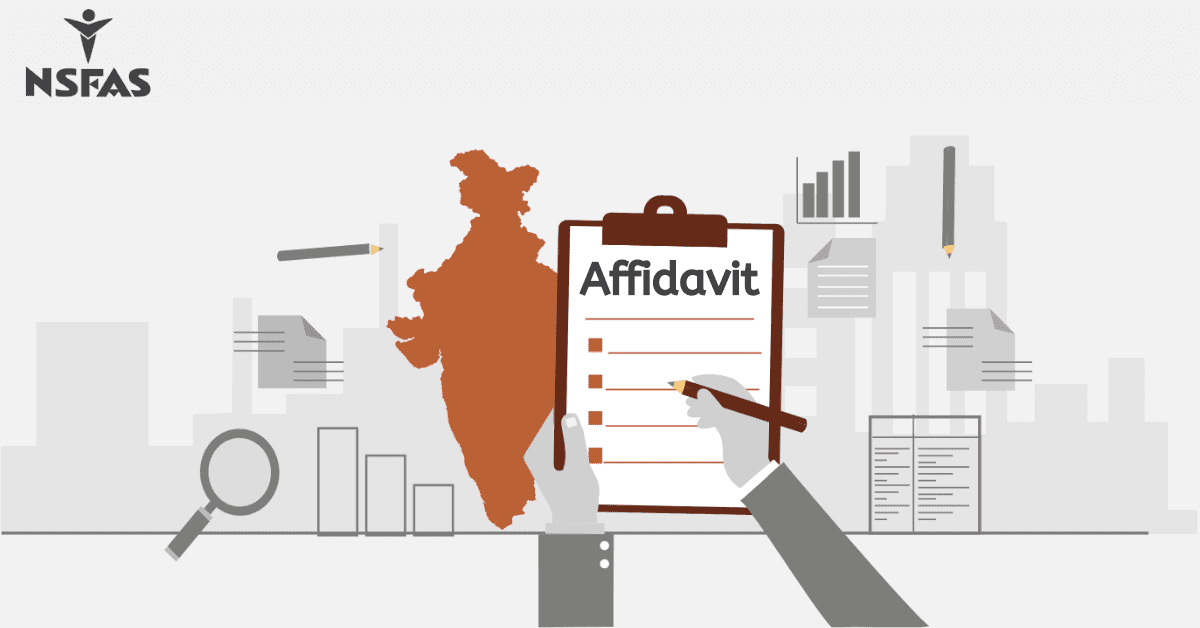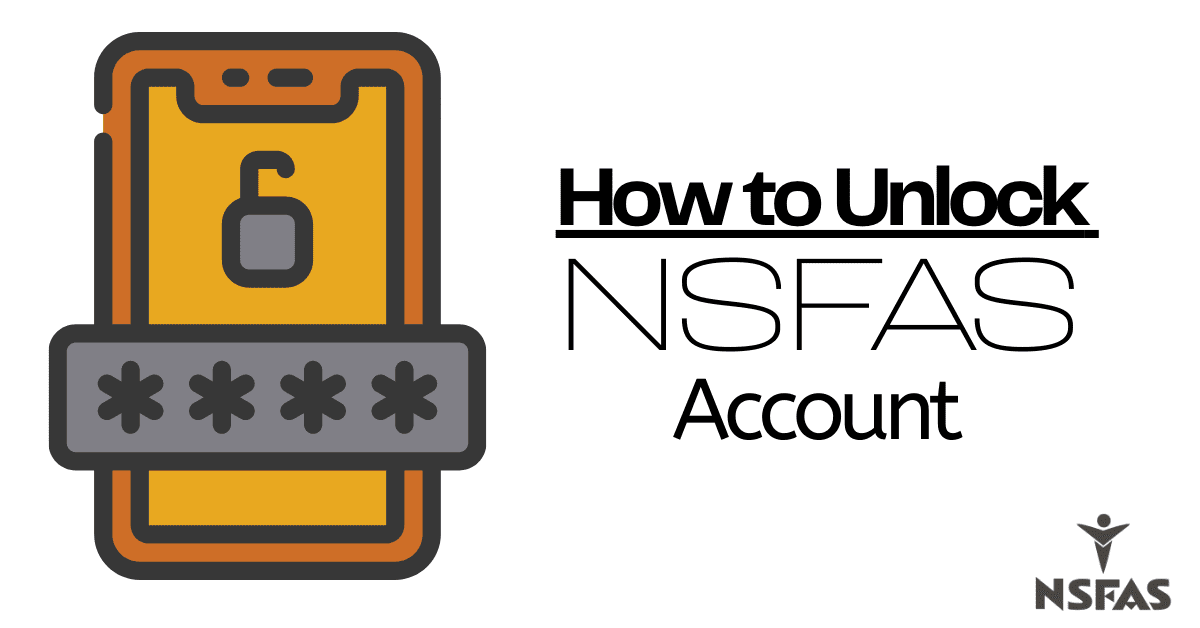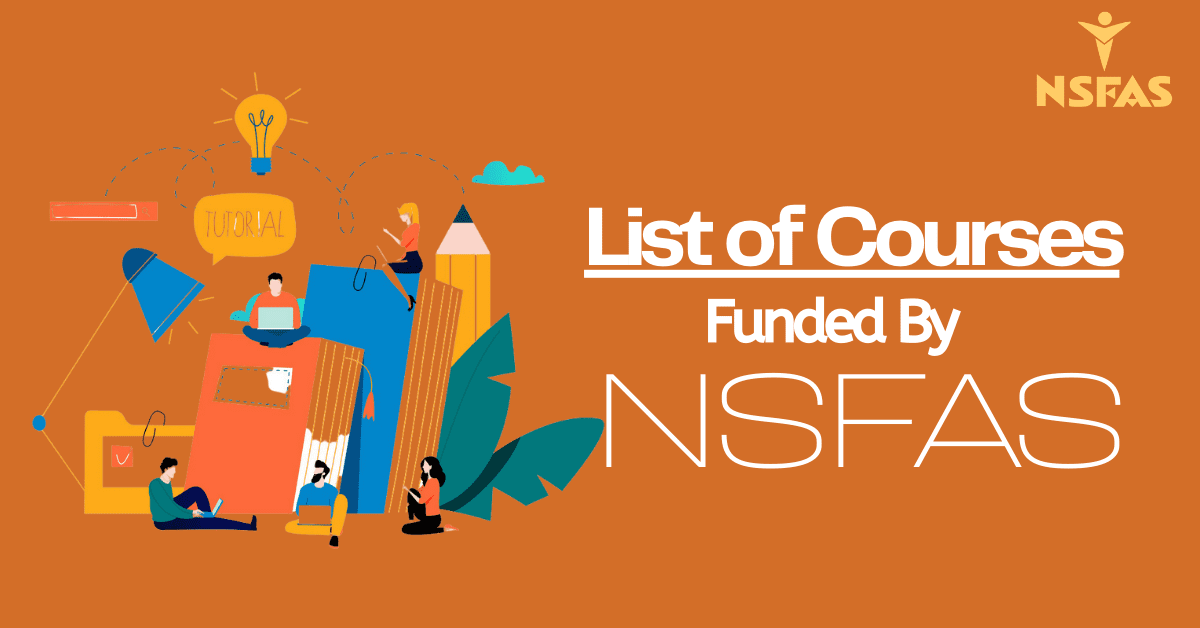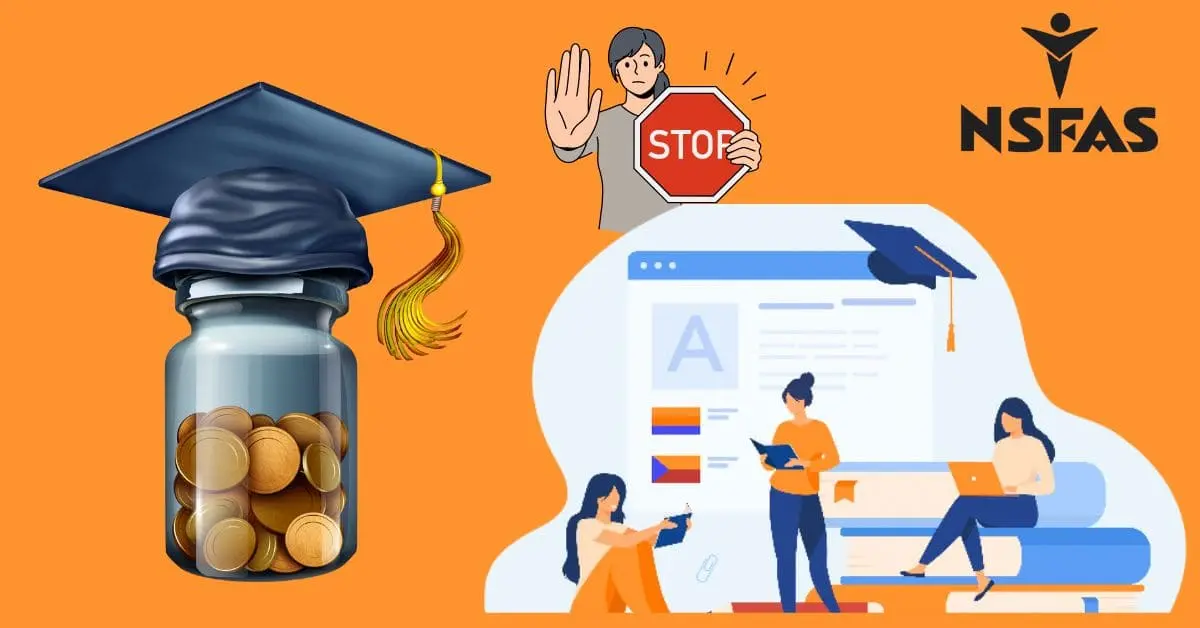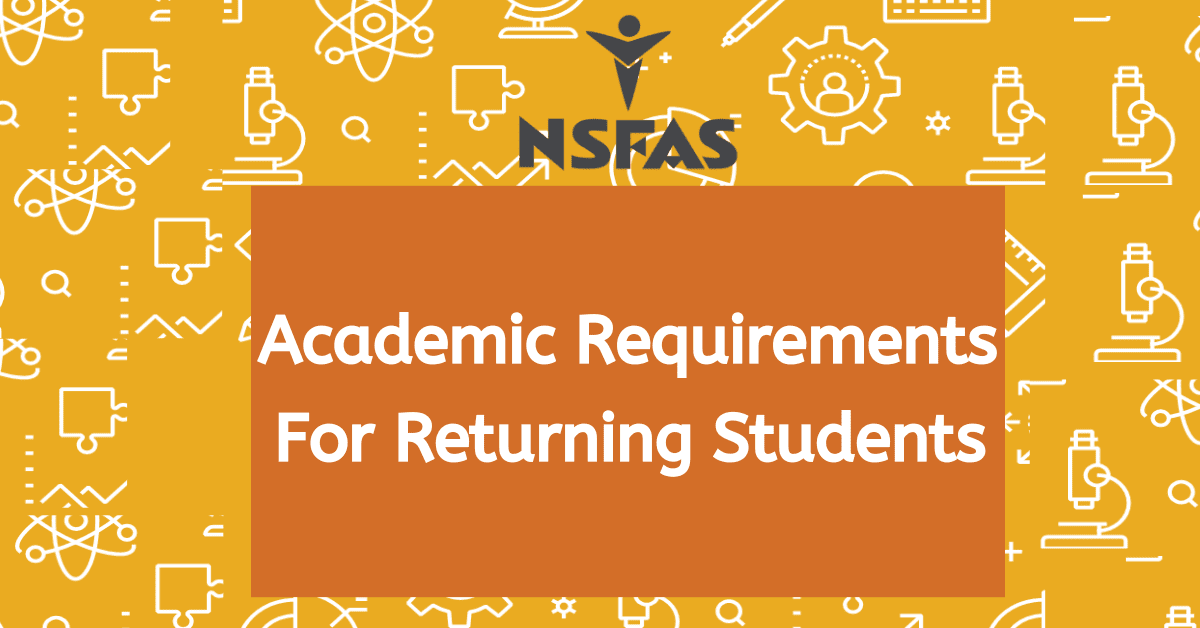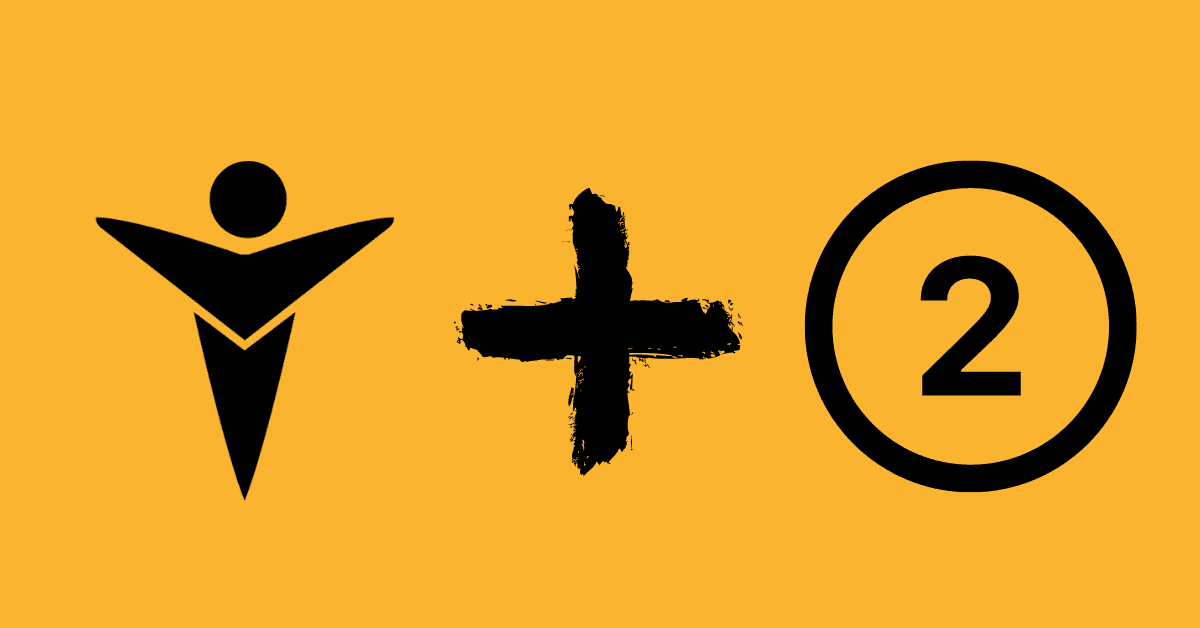The NSFAS bursary is designed to help disadvantaged, poor, and working-class students obtain quality tertiary education through public institutions in South Africa. A key part of this is meeting- and then sustaining- their academic targets to keep funding you. Today, we look at more about the NSFAS’s academic requirements.
What Are NSFAS Academic Requirements?
NSFAS needs you to demonstrate that you are serious about your course, so you will have to prove you are willing to put in the work; This means you must”.
- Meet all the academic requirements your institution sets for you
- Ensure you take all tests- both written and oral- required for your course
- Attend and actively participate in all the tutorials and lectures required by your qualifications
- Make use of the academic support programs relevant to your program.
You must ensure you meet the NSFAS benchmarks as a continuing active student. This means you also must meet the 50% (or more for some courses) pass criteria for universities.
Remember that your institution will be in contact with NSFAS at the start of every academic year to confirm that you qualify to progress through your course, meet all their policies for your specific programme, and so on.
How Many Modules Must I Pass for NSFAS?
What happens if you fail a funded course? NSFAS will pay for the course- but it must be within reason. You can’t expect to fail everything and still access funding.
NSFAS requires that you pass at least 50% of the modules you take. This is in addition to remaining compliant with the academic standards of your institution. Obviously, these modules will need to be retaken and passed to progress toward the degree. Plus, there is the N+ rule (which we look at below) in play.
This means you should carefully balance your course load to ensure you can pass all modules required within the N+ period.
What is NSFAS’s N+ Rule?
The N+ rule refers to how many years NSFAS will consider you for funding. N is the number of years your course will typically take- say 3 years. The + is how many extra years NSFAS will fund you if you need extra time or to repeat a year.
At one point, when the NSFAS funding was still a loan scheme and not a bursary, it worked on the N+2 format- they would allow up to 5 years of funding on a 3-year degree. Anything longer than that, and you will need to seek alternate funding.
As a bursary scheme, it now operates on N+1- so in our standard 3-year course example, you only have one extra year, i.e 4 years. Even on longer programs, NSFAS will not fund you for more than 5 years in total. Gap years do not count. However, it applies to the number of years you have been registered at a tertiary public institution, not how many years you have been funded.
What are the requirements for staying funded by NSFAS?
Once you have qualified for NSFAS bursary, you will have to meet ongoing requirements in order to stay funded by them. You won’t automatically continue to be funded if you let your academic standards slip or something changes in your personal circumstances.
To stay funded by NSFAS, you must:
- Keep your academic grades at a standard similar to that outlined above.
- Continue to meet all other criteria- you cannot change citizenship or increase your income above the threshold.
- You must still be within the parameters of the N+1 rule we mentioned above.
What Are NSFAS Requirements for Returning Students?
While most NSFAS students apply for the bursary from the start of their tertiary academic studies, returning students who weren’t previously funded by NSFAS can also apply for funding.
You must match all the criteria about citizenship, education programs and type, the tertiary institution at which you are studying, and household income which we outline below. You must also be within the N+ limit.
If you are a returning student who started in 2018, you will need to meet NSFAS’s pre-2018 household income guidelines and criteria instead.
NSFAS requirements
The closing date for NSFAS bursary applications in 2026 is January 31st, 2026. In addition to the academic requirements we have outlined above, you should also be:
- Studying/intending to study at a public tertiary education facility in South Africa. This means a TVET College or University.
- You are continuing a previously-funded qualification, OR
- Studying/intending to study an undergraduate qualification in 2026
- You must be a citizen of South Africa.
- You have not completed a previous tertiary academic qualification
- You match the earnings brackets outlined below
If you match all these criteria, you can apply for NSFAS in 2026.
How Much Must You Earn to Qualify for NSFAS?
To qualify to apply for an NSFAS bursary, you must meet at least one of these criteria:
- Be an active SASSA grant recipient.
- You and your entire household cannot earn more than R350,000 a year.
If you are a student with a disability, this threshold rises to R600,000 a year. If you are already studying using NSFAS funding and began your programme before 2018, the combined household income must not be more than R122,000. Remember this is everyone in your household’s total earnings for the year.
Meeting the NSFAS academic requirements is a crucial part of ensuring a smooth funding process, so pay careful attention to this aspect of your application.
